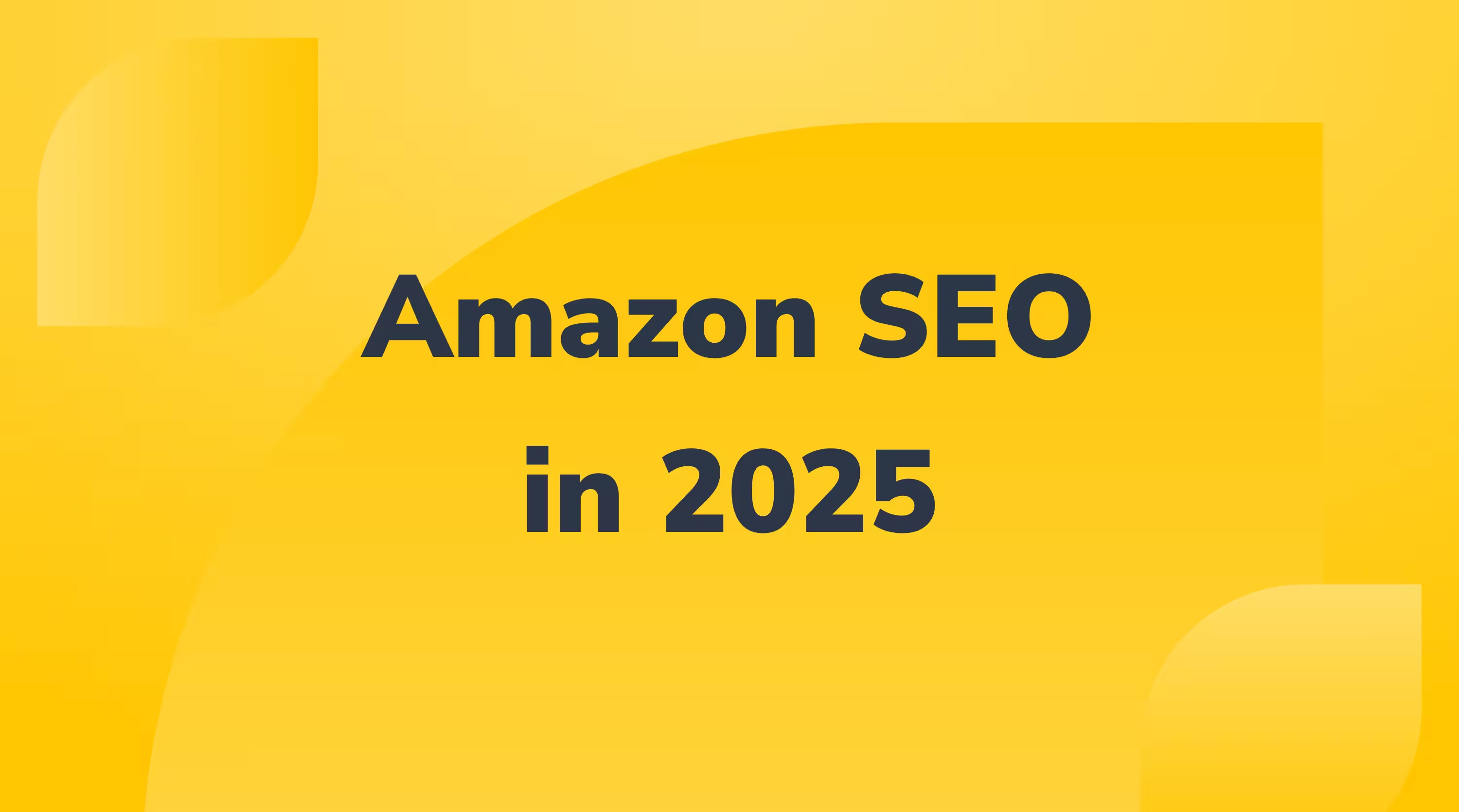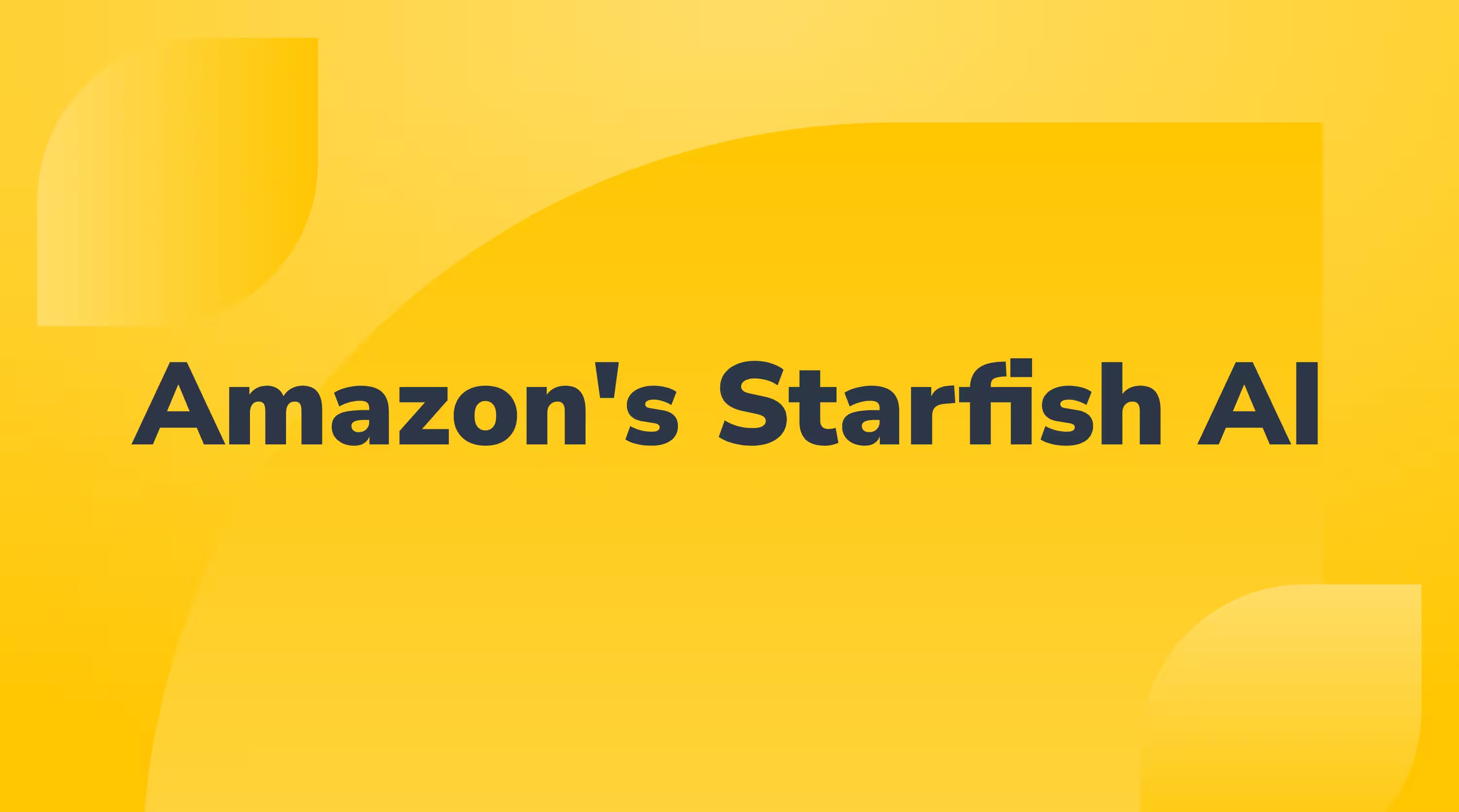Why Your In-House Team Might Be Holding Back Amazon Growth

Your in-house marketing team is talented. They’ve built your brand’s website, grown your social media presence, and crafted your email campaigns with great success. So why, despite their best efforts, has your growth on Amazon stalled?
The truth is that Amazon is not just another marketing channel; it's a unique and fiercely competitive ecosystem with its own rules, language, and algorithms. This isn't a critique of your team's talent. It's an exploration of the structural reasons why a generalist marketing team—even a great one—often struggles to compete against dedicated Amazon specialists, and why this might be the bottleneck preventing your brand from reaching its full potential.
1. The Specialization Gap
Managing a successful Amazon channel is not one job; it's at least five. A single in-house "Amazon Manager" is often expected to be a world-class expert in:
- PPC Advertising & Data Science
- International Supply Chain & Logistics
- Global Compliance & Tax Law
- Conversion Rate Optimisation & SEO
- Brand Marketing & Protection
This is an impossible expectation. The result is a team of "jacks of all trades, masters of none." They might be decent at running ads but struggle with inventory forecasting, leading to the stockouts that kill sales velocity and organic rank. An agency provides a team of dedicated masters for each discipline, all working in concert.
2. The "Constant Change" Problem
The Amazon platform is in a state of perpetual motion. New advertising features are released, the A9 search algorithm is adjusted, and critical new compliance policies (like EPR in Europe) are rolled out every few months.
Keeping up with these changes is a full-time job in itself. An in-house team, which is also juggling your DTC site, social media, and other core business tasks, will inevitably fall behind the curve. They are forced to be reactive, learning about changes after they impact the business. A dedicated agency lives and breathes the Amazon ecosystem; their sole focus is to be proactive, anticipating changes and positioning your brand to benefit from them.
3. The Data and Tooling Disadvantage
To compete at the highest level, you need an arsenal of sophisticated, expensive third-party software for keyword research, market analysis, PPC automation, and financial modeling.
An in-house team's budget might only allow for one or two of these tools. A full-service agency, however, invests in a full suite of enterprise-level software, spreading the high cost across all its clients. This gives agency-managed brands a significant data and technology advantage, allowing them to make smarter decisions faster than the competition.
4. The Insular Perspective
An in-house team has only one data set to learn from: your own account. They see what works and what doesn't for your specific products, but they have no broader context.
An agency, by contrast, works across dozens of accounts in various categories. They see what's working right now, across the entire marketplace. They can spot emerging trends, benchmark your performance against the category average, and bring fresh, cross-pollinated strategies to your brand that an in-house team would never be exposed to.
5. The Opportunity Cost
This is the most significant hidden cost. Every hour your talented in-house team spends trying to untangle a complex FBA shipment, write a Plan of Action for a compliance issue, or learn the nuances of a new ad format is an hour they are not spending on your core business: developing new products, building your brand's story, and nurturing your customer community outside of Amazon. You are using your best internal talent for highly specialized tasks that could be more efficiently handled by an external partner.
Conclusion: It's About Structure, Not Talent
If your brand's growth on Amazon has hit a plateau, the issue is likely not a lack of talent in your team, but a mismatch of structure and focus. The unique complexity of the Amazon ecosystem demands a level of dedicated, specialized expertise that is nearly impossible to replicate in-house without a massive investment.
An agency partner can amplify your team's efforts, freeing them up to focus on the big-picture brand strategy while the agency executes flawlessly on the platform's day-to-day complexities.
Sitruna acts as a specialized extension of your in-house team, providing the deep, daily expertise needed to unlock your full potential on Amazon. Schedule a free discovery call with the Sitruna team at www.sitruna.com/meet to learn how a partnership can reignite your growth.



